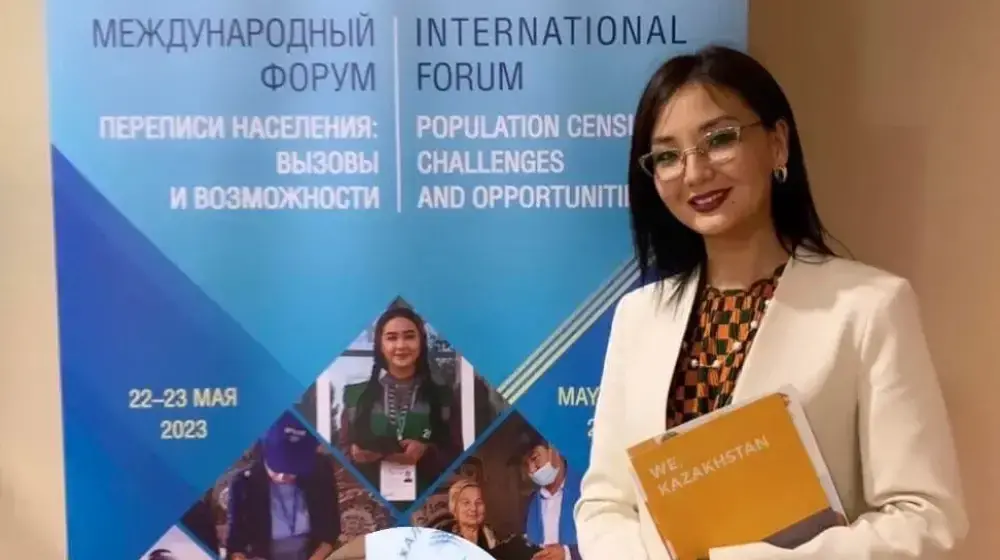Twenty-five years ago, world leaders committed to a landmark global agenda addressing population dynamics, sexual and reproductive health and rights, gender equality and adolescent and youth issues. Since governments adopted this Programme of Action at the International Conference on Population and Development (ICPD) in Cairo in 1994, remarkable progress has been achieved in these areas. But there are still millions of women and girls in Eastern Europe and Central Asia, and around the world, who have not benefited from the promise of ICPD.
This 25th-anniversary year is dedicated to celebrating the achievements, reenergizing the movement and finishing the unfinished business of Cairo, with significant events throughout 2019 culminating in the Nairobi Summit on ICPD25 in November. In April, UNFPA launched its flagship annual report, State of World Population 2019, titled Unfinished business: the pursuit of rights and choices for all. World Population Day in July will be another opportunity to focus on how not everyone has benefitted from the progress made so far in equal terms—and on what can be done to ensure no one is left behind.
The ICPD25 flagship event will be the Nairobi Summit on ICPD25: Accelerating the Promise, to be held in Kenya, from 13 to 15 November 2019. The Summit will bring together governments, private sector, civil society and community partners to advance the implementation of the ICPD Programme of Action within the context of the Sustainable Development Goals (SDGs) at the global, regional, national and local levels.
The most recent review of the implementation of the ICPD Programme of Action in the UNECE region highlighted the ongoing challenges posed by low fertility, population ageing and complex migration movements in Eastern Europe and Central Asia. While countries in the region have made significant progress in achieving sexual and reproductive health, with both maternal mortality and adolescent pregnancy on the decline, this progress has not been equally enjoyed by all.
The HIV epidemic is growing fast, women rarely use modern contraceptives, cervical cancer rates are up to ten times higher than in Western Europe, and young people often do not have access to comprehensive sexuality education. Within countries, marginalized groups still face significant barriers to sexual and reproductive health. Meanwhile gender inequalities persist in all spheres of public and private life across the region, with regressive laws and policies emerging in some countries that threaten to undermine the progress thus far.
As a result, millions of women, young people and other vulnerable groups in the region still cannot fulfil their potential because the effects of discrimination, social exclusion, stigma and violence hold them back. The cost of inaction is dramatic, at the individual and societal level, and weighs heavy on nations lagging behind in ensuring rights and choices for all.
As the global custodian of the ICPD, UNFPA is entrusted with the full implementation of the Programme of Action. UNFPA with governments, private sector, civil society and community partners, will accelerate the promise of Cairo, through mobilizing political and financial momentum to complete the unfinished business of the ICPD Programme of Action.
As Cairo was the watershed moment 25 years ago for sexual and reproductive health and rights, the Nairobi Summit will be an opportunity to renew the commitment to the ICPD Programme of Action, to showcase innovative solutions from this region, and to engage a new generation of partners and leaders to complete the unfinished business of Cairo.
Read the Report on ICPD Programme of Action Implementation in the UNECE Region
Learn more about 10 key trends in the UNECE Region related to implementing the ICPD Programme of Action
Watch: "What's changed in fertility, families and women's empowerment?"



